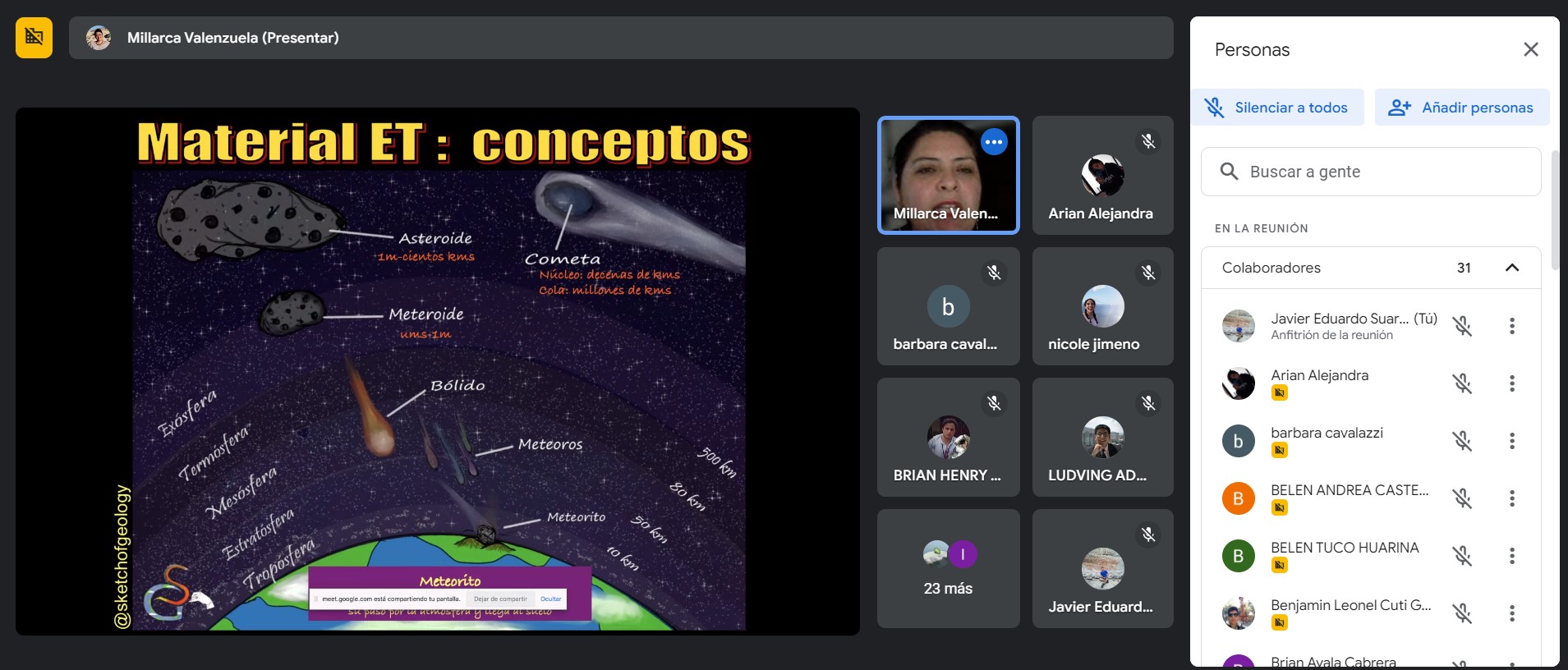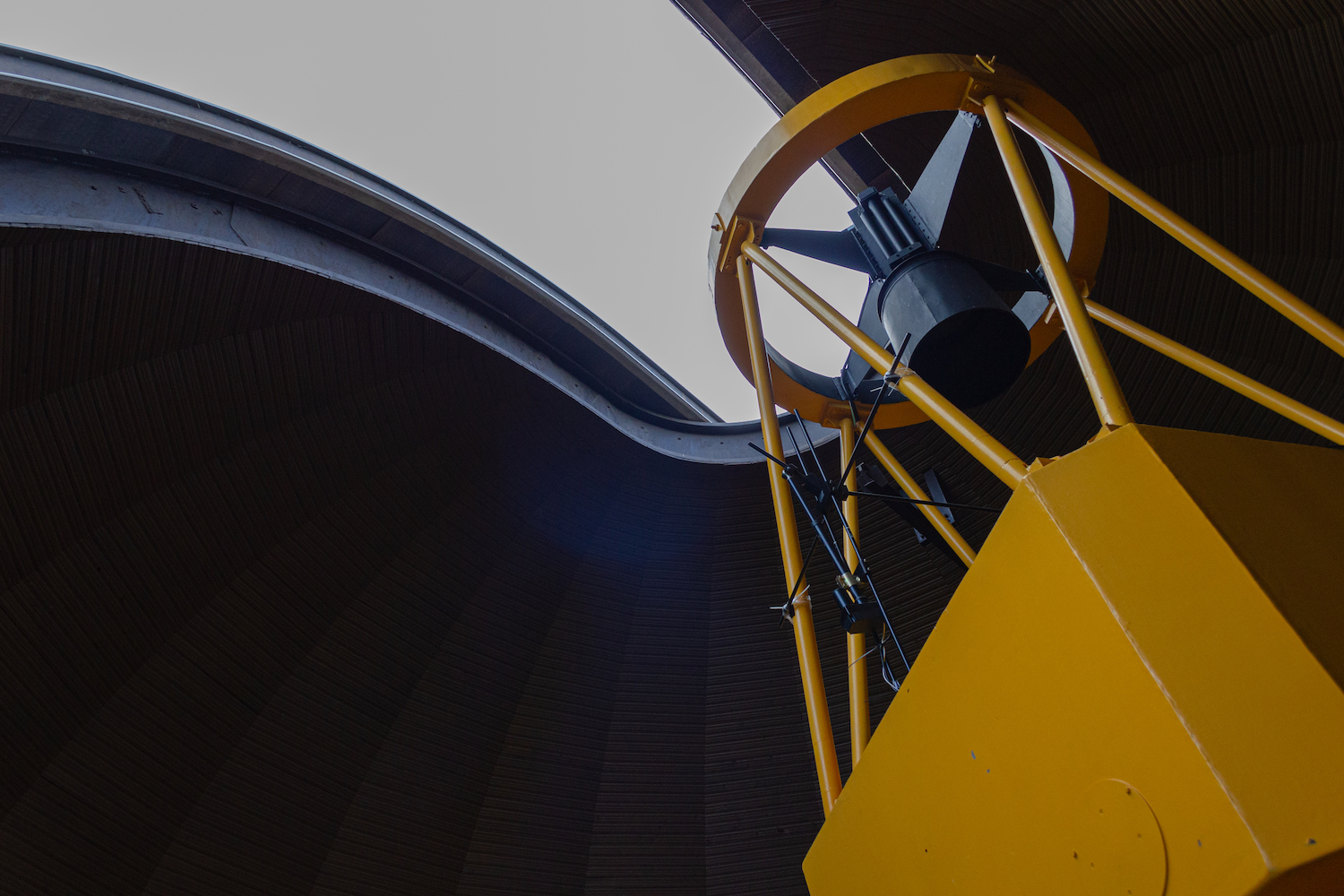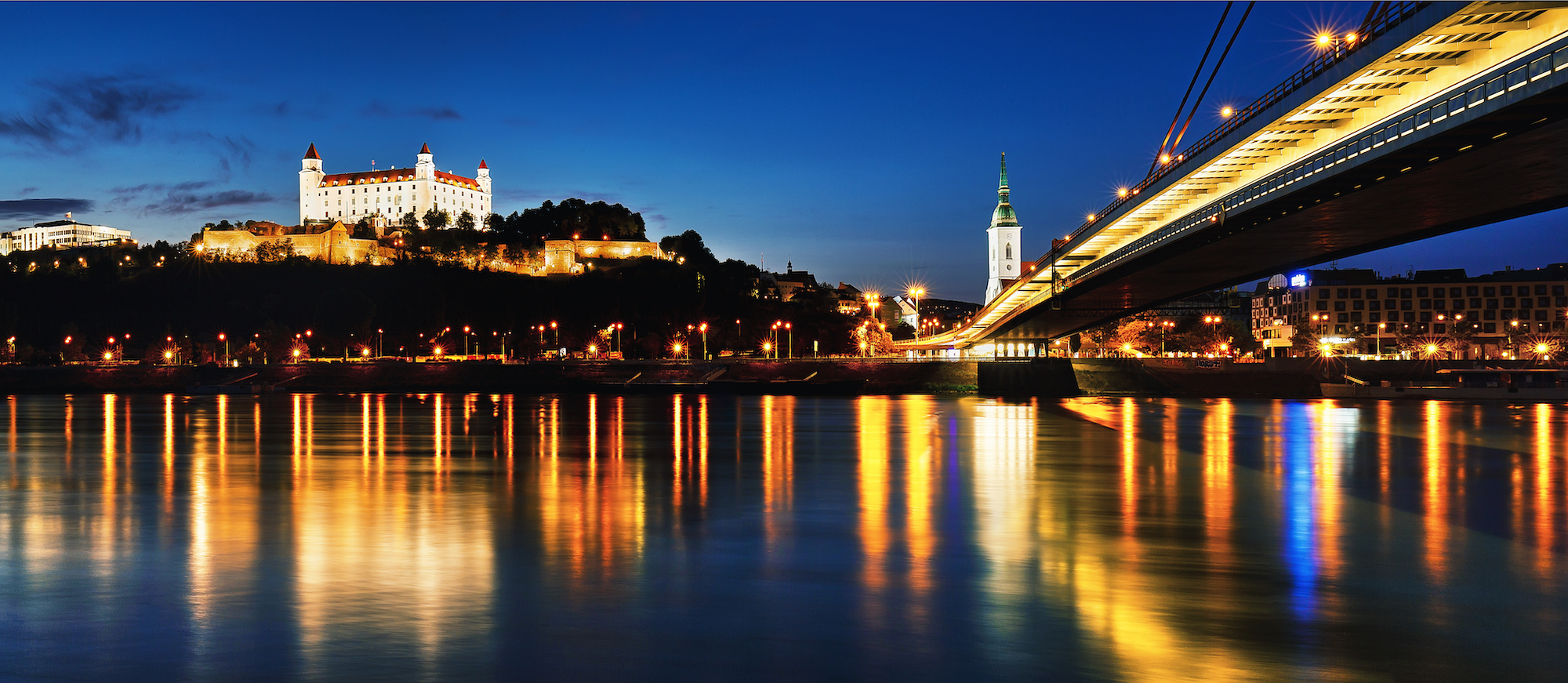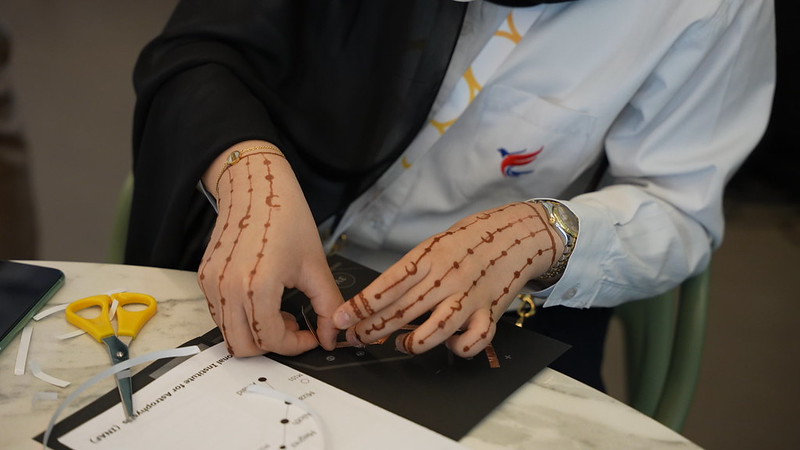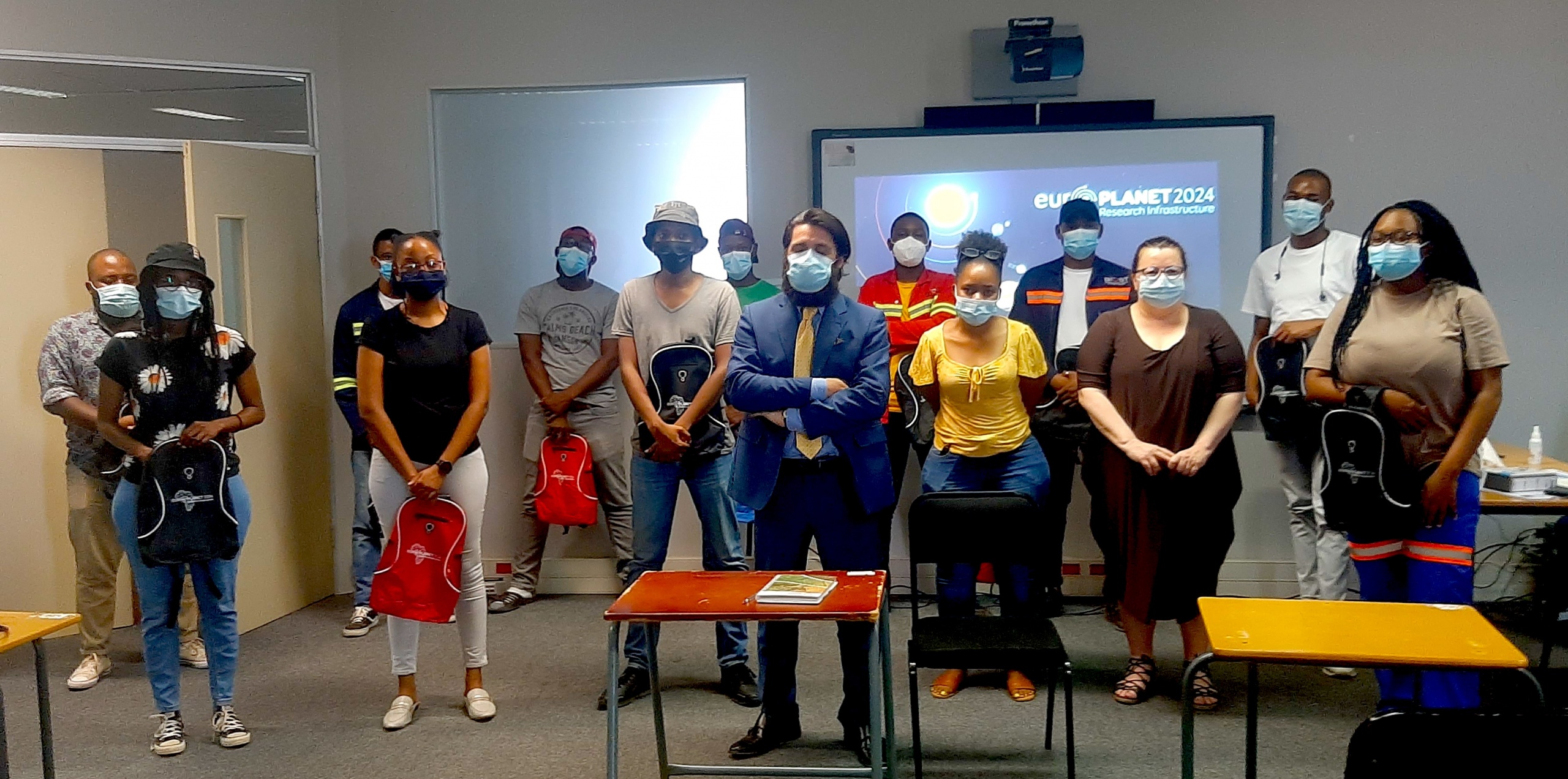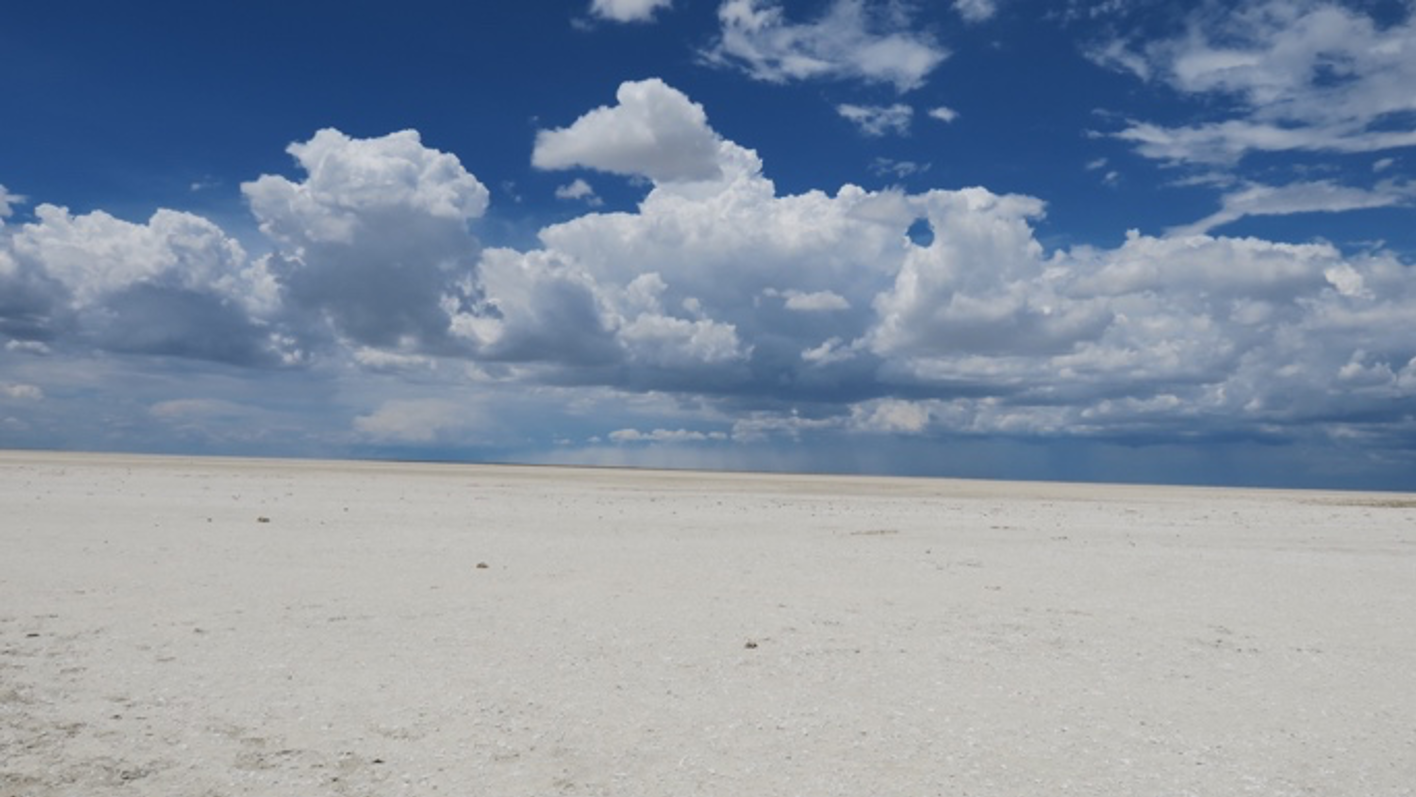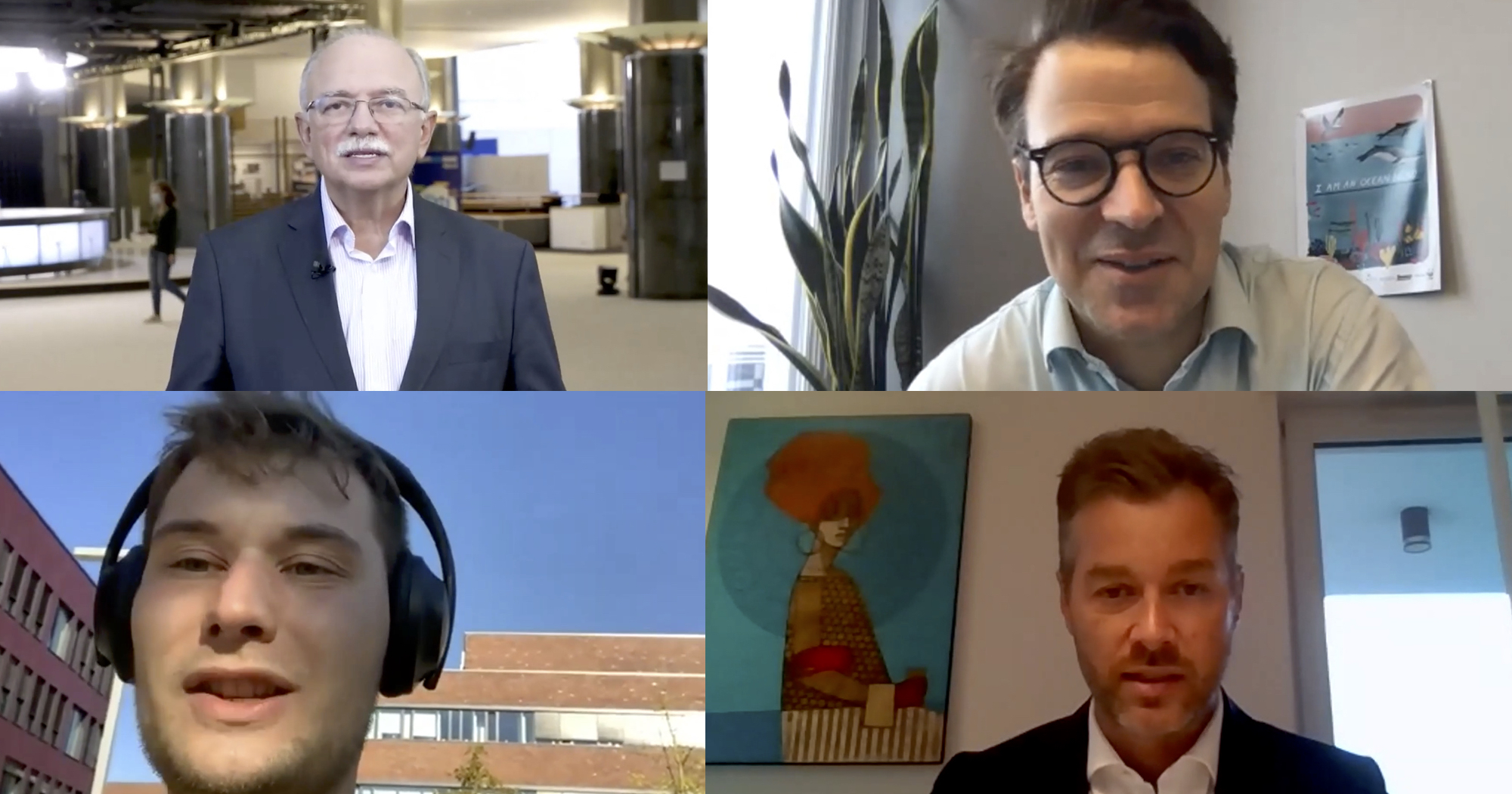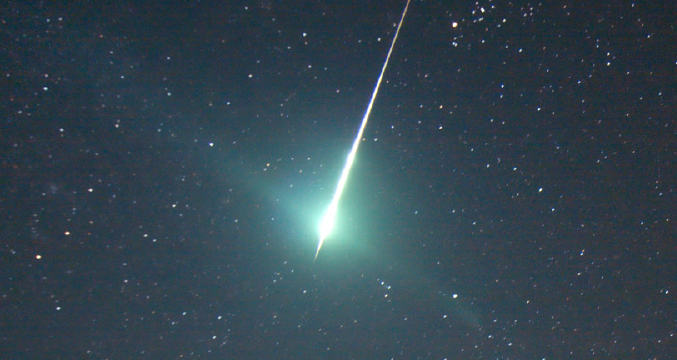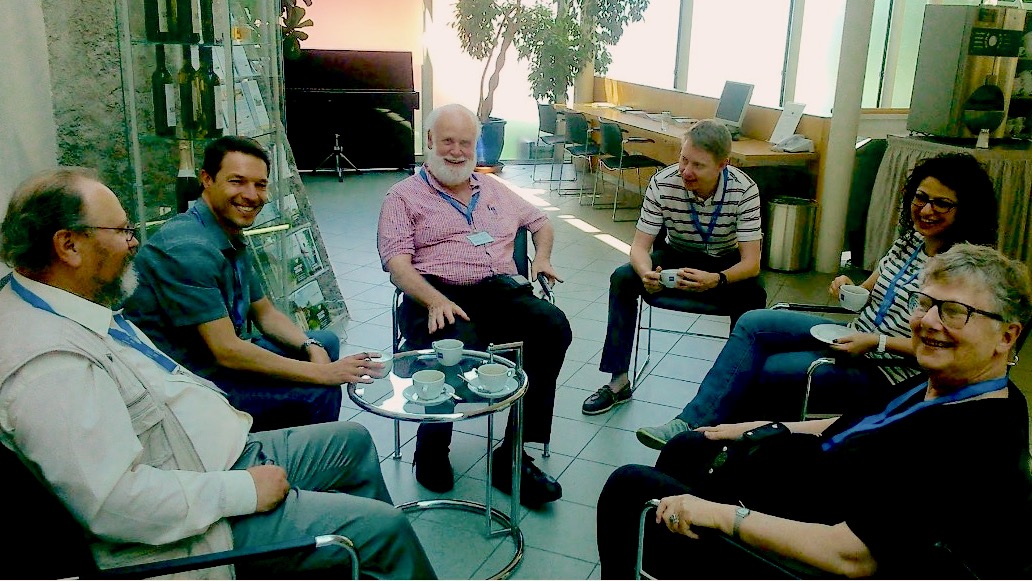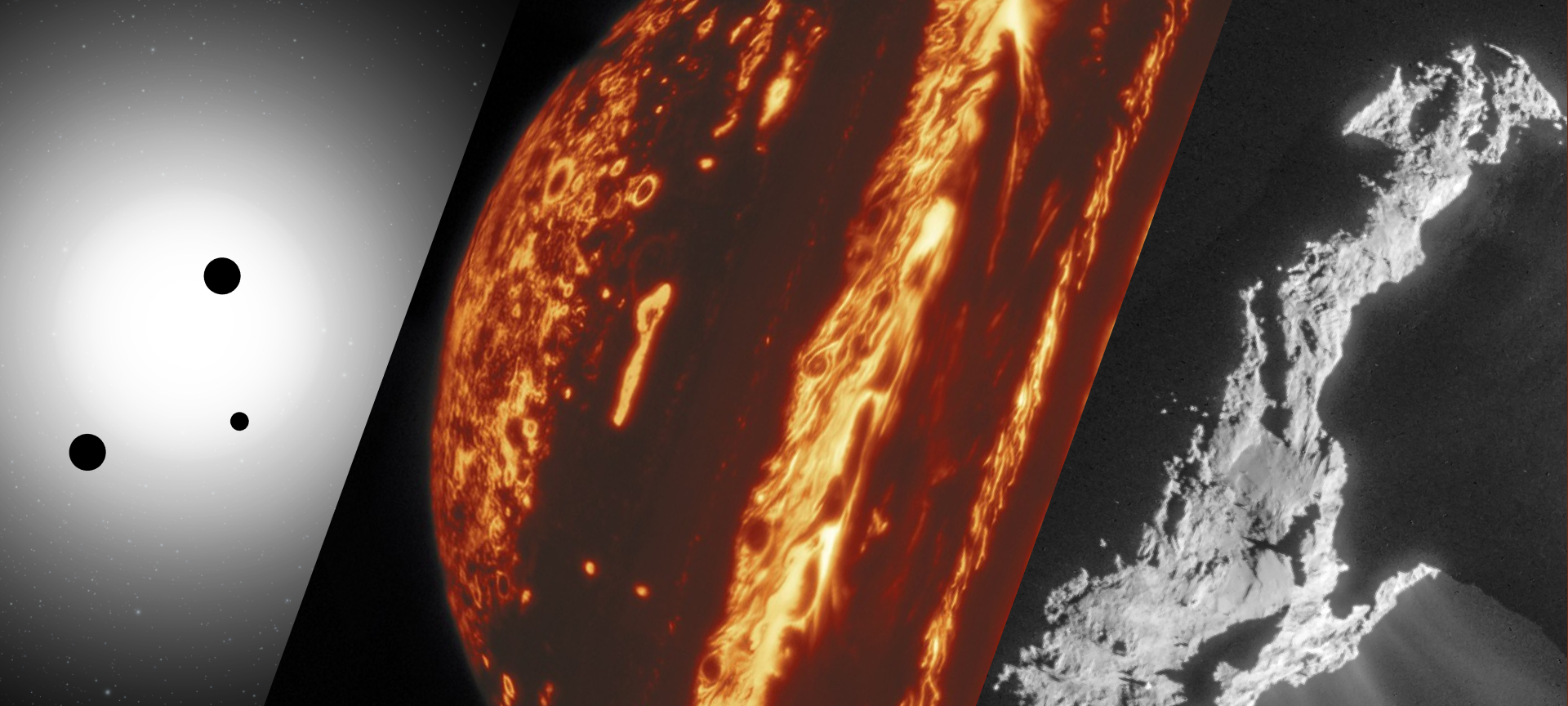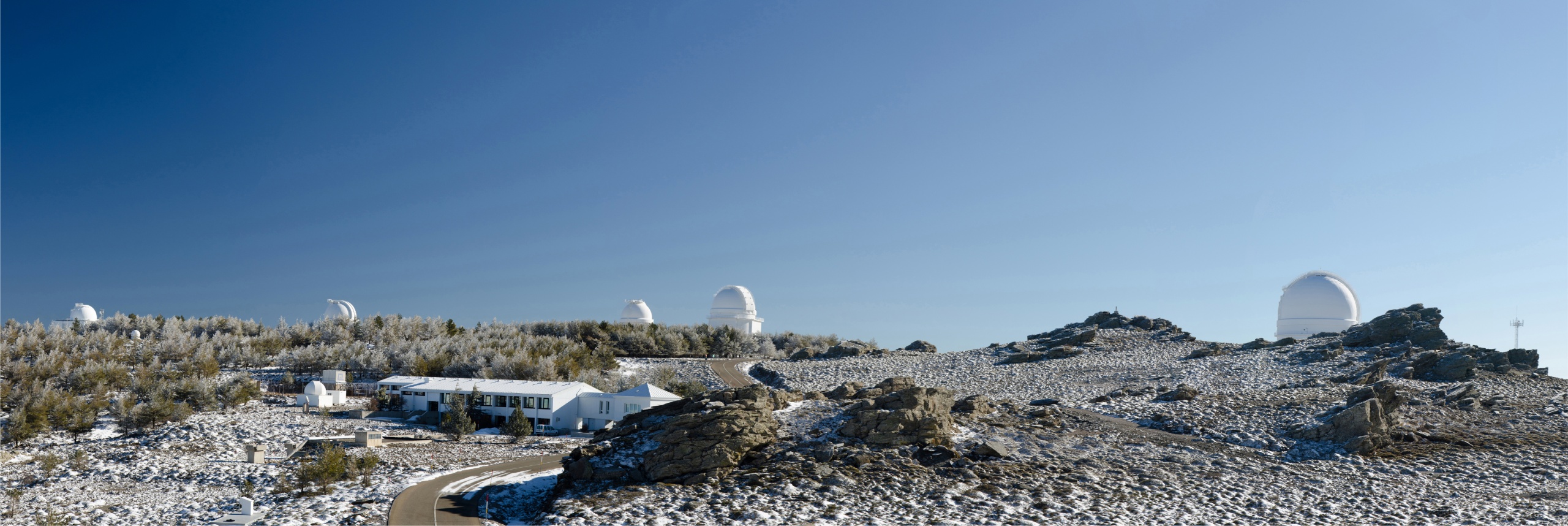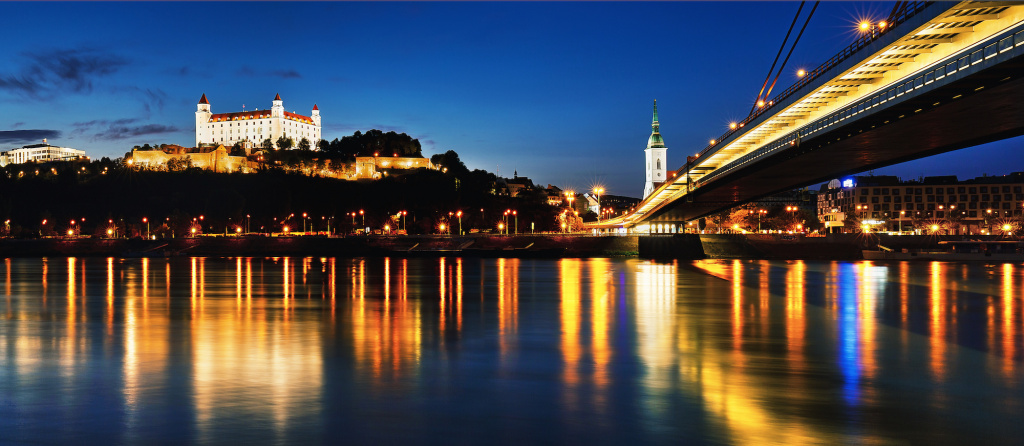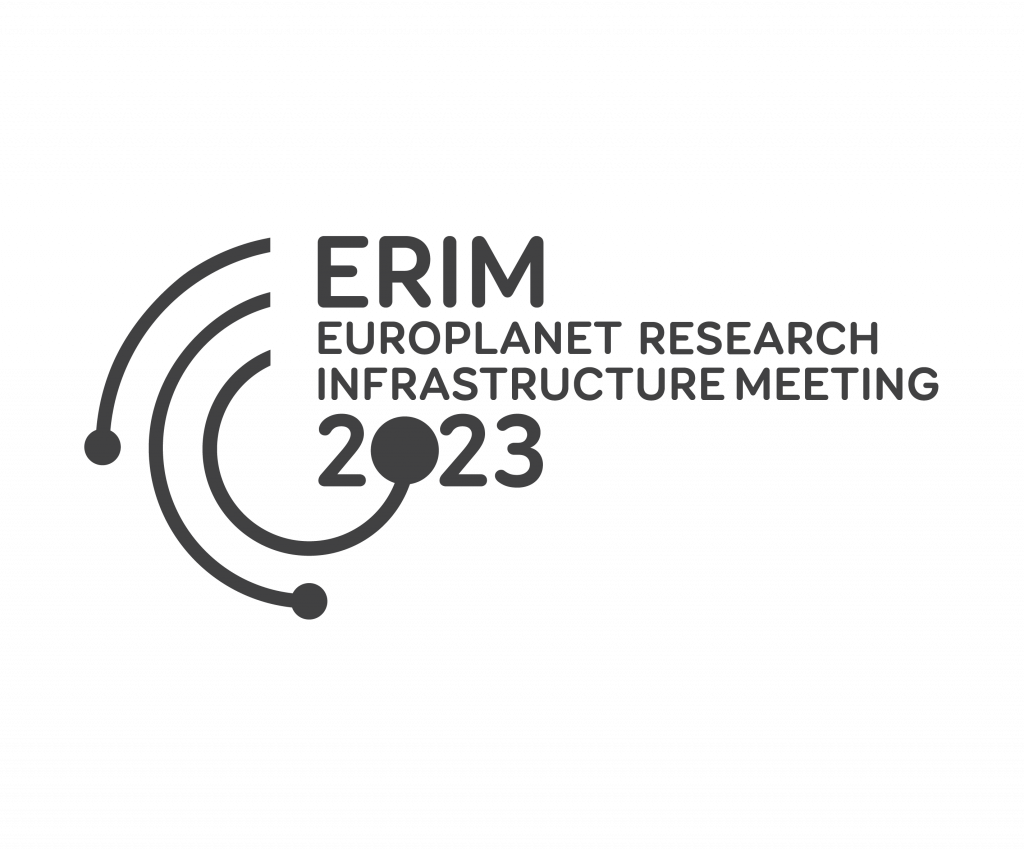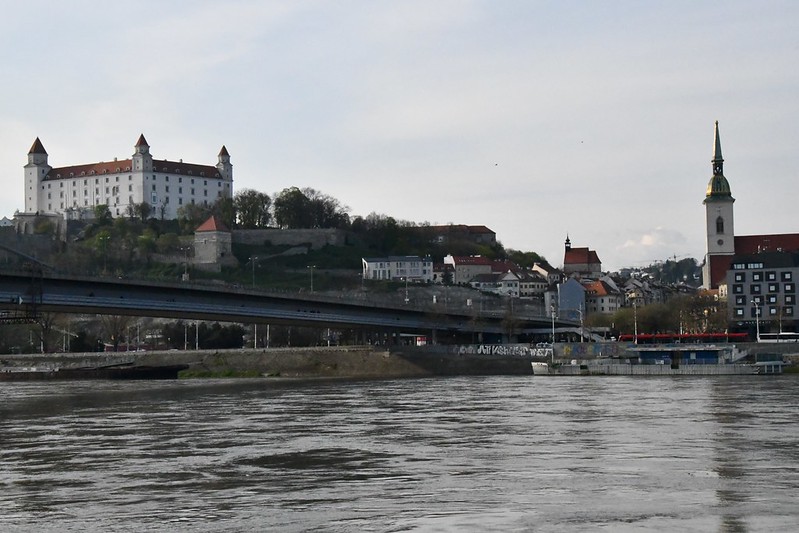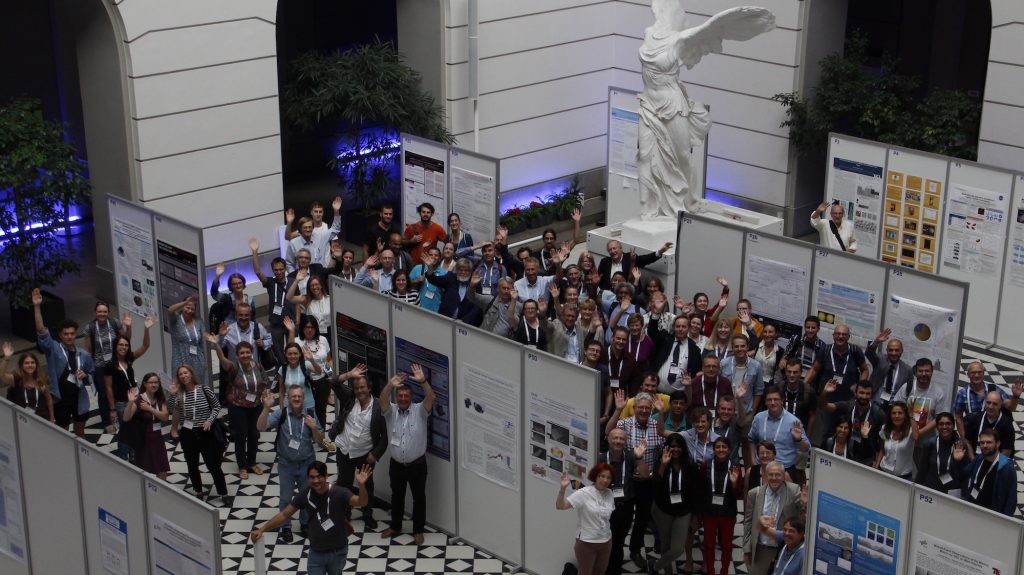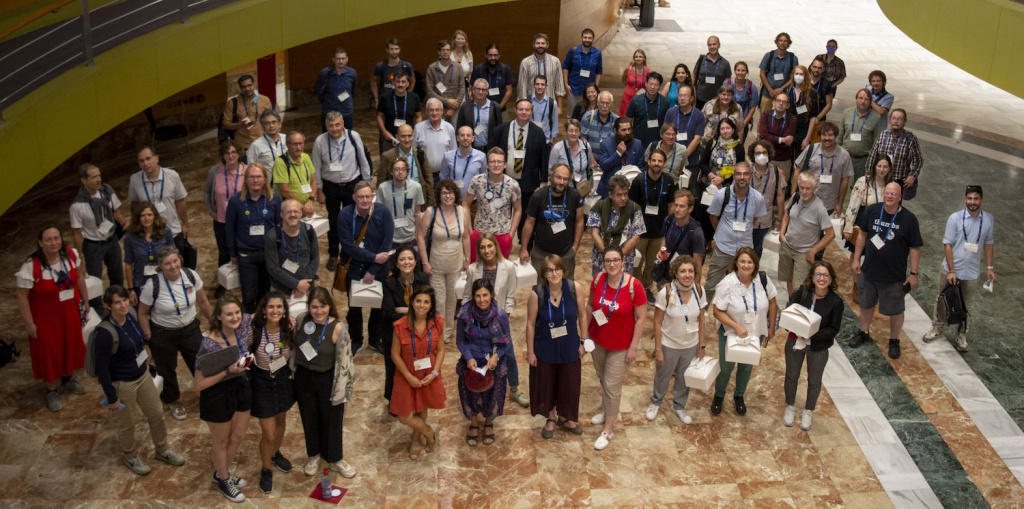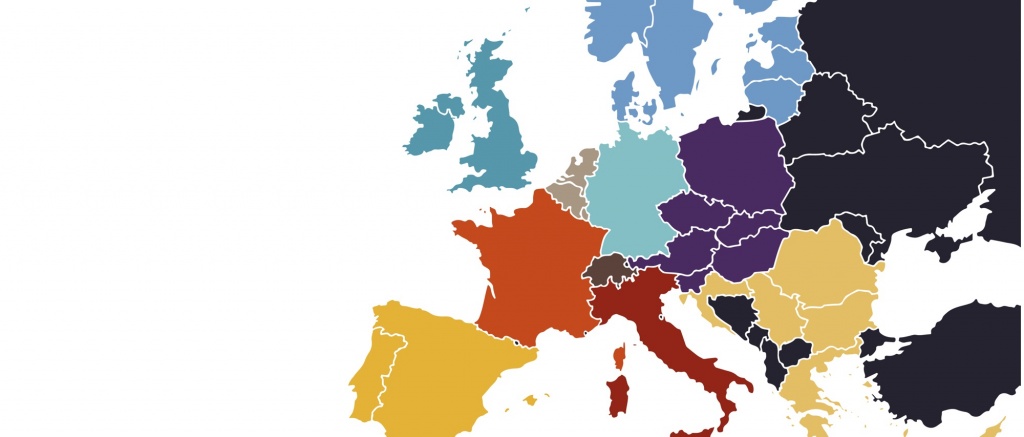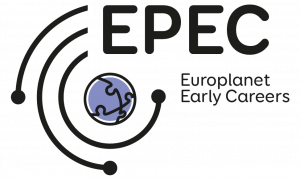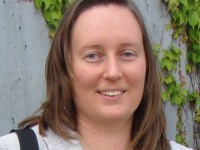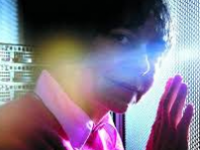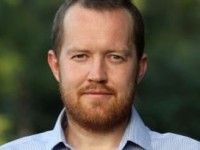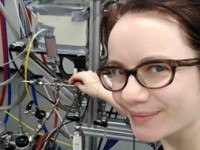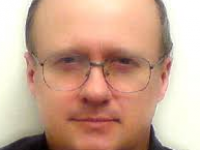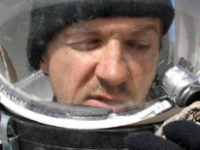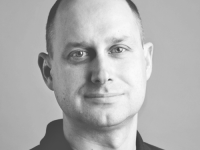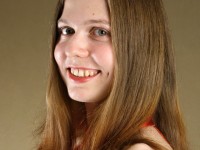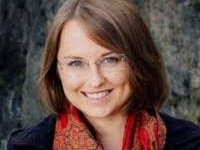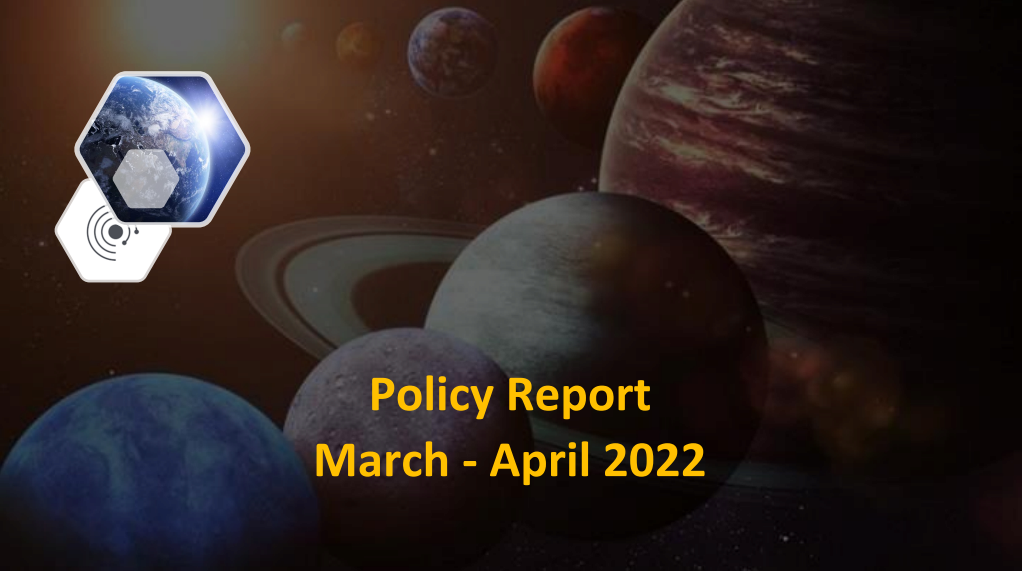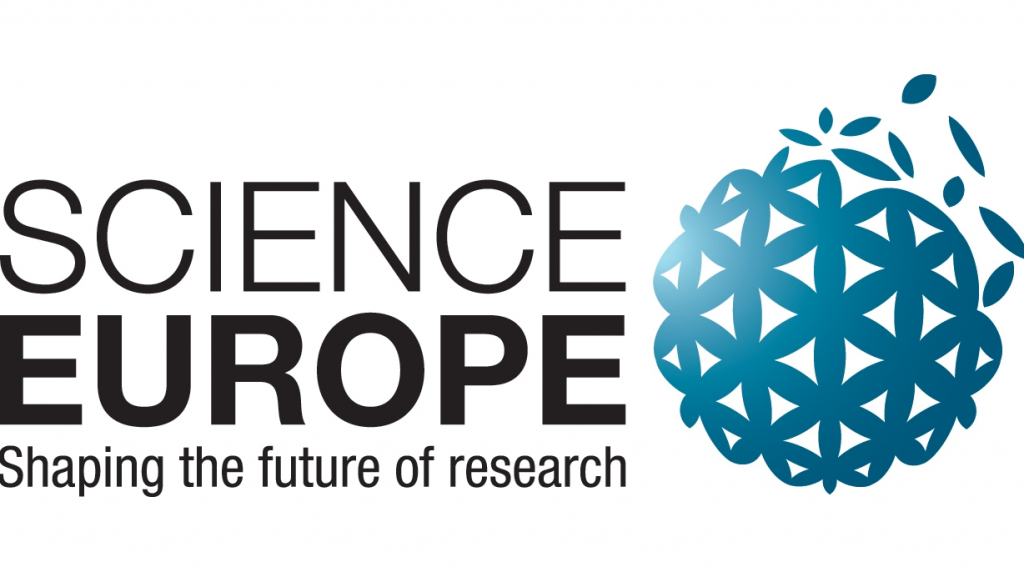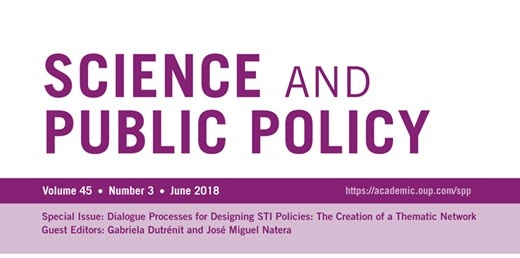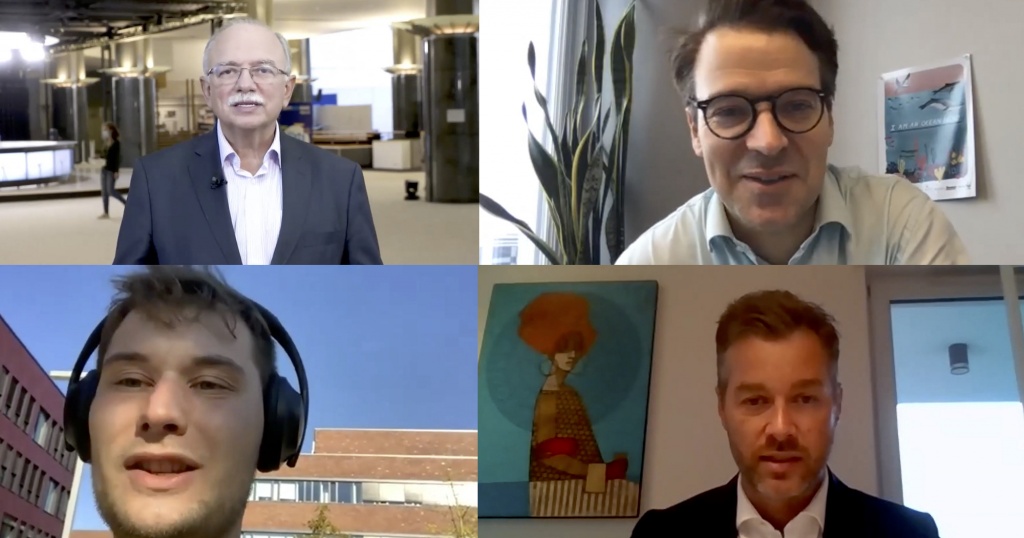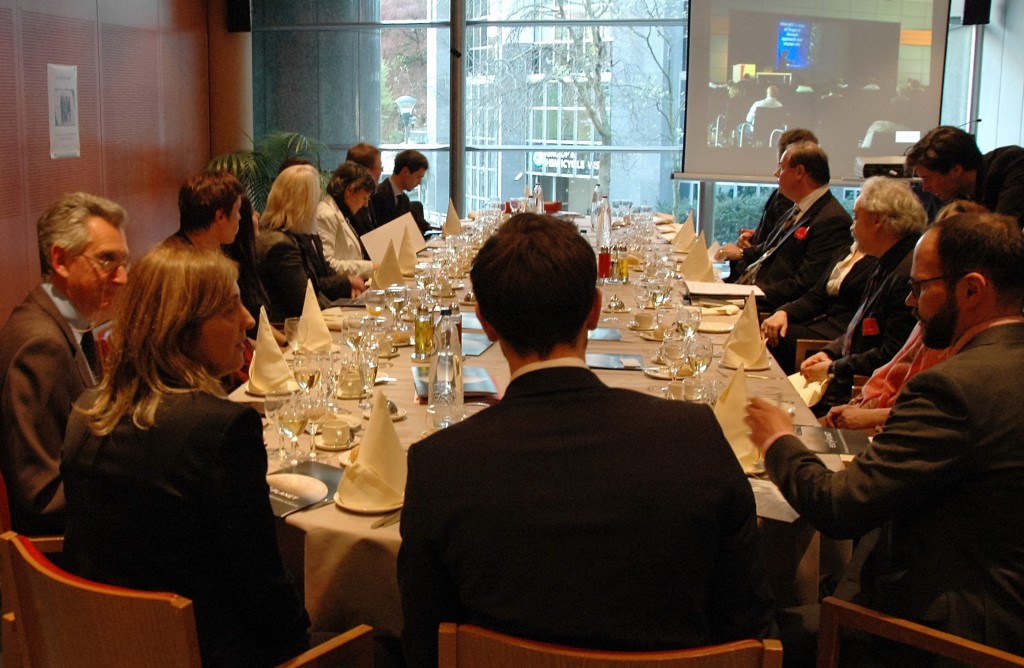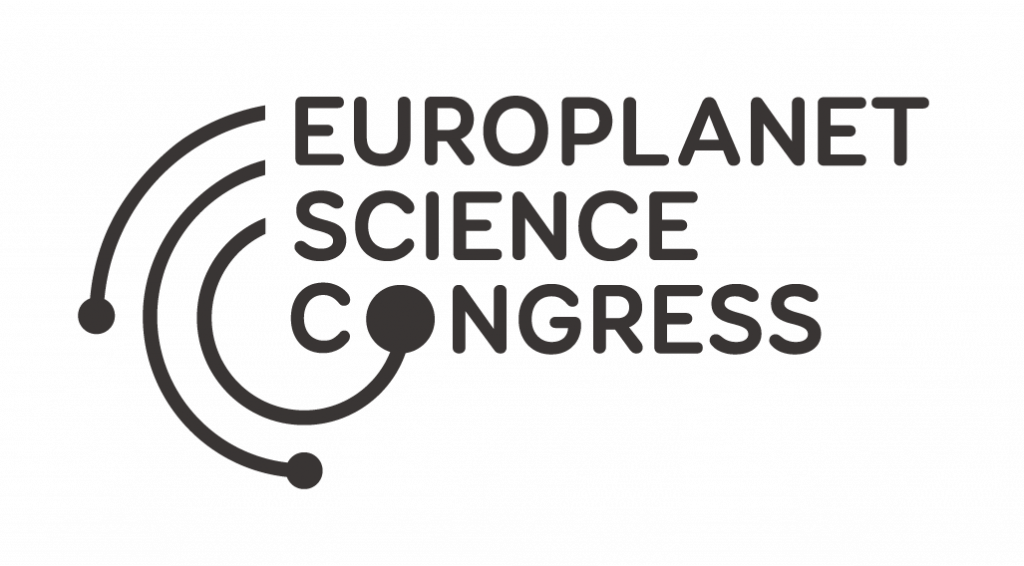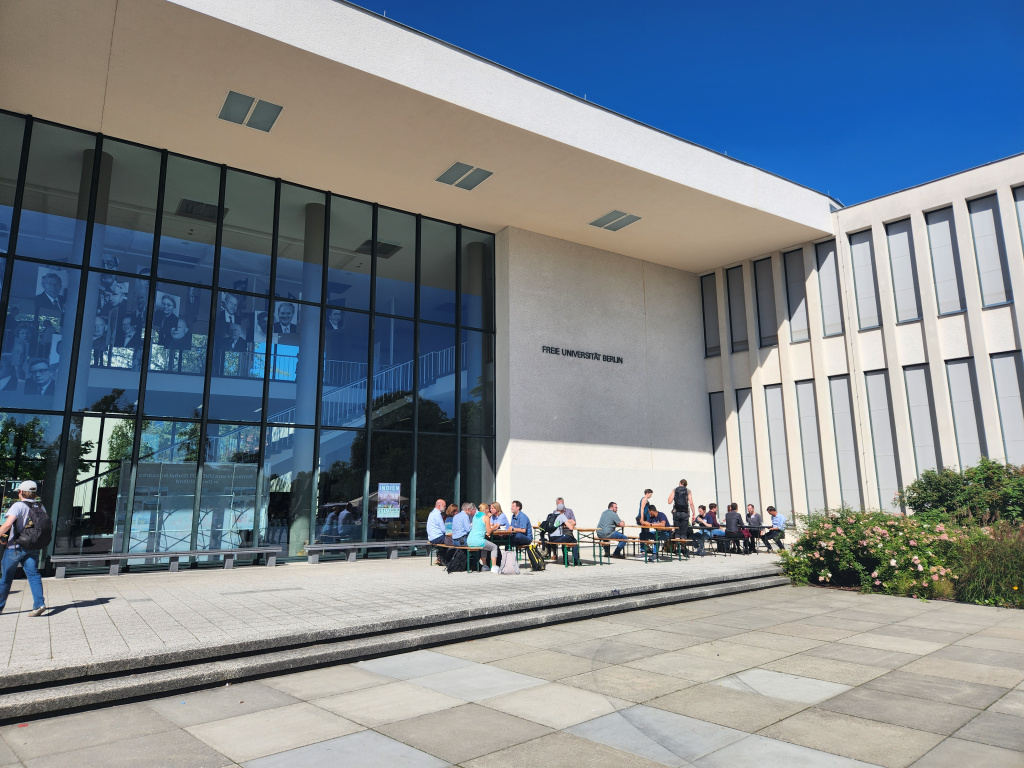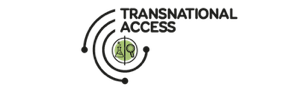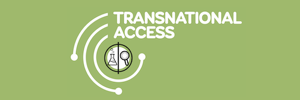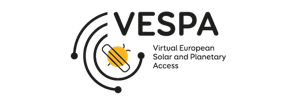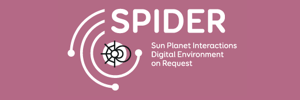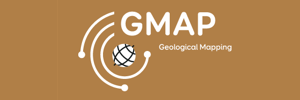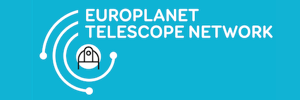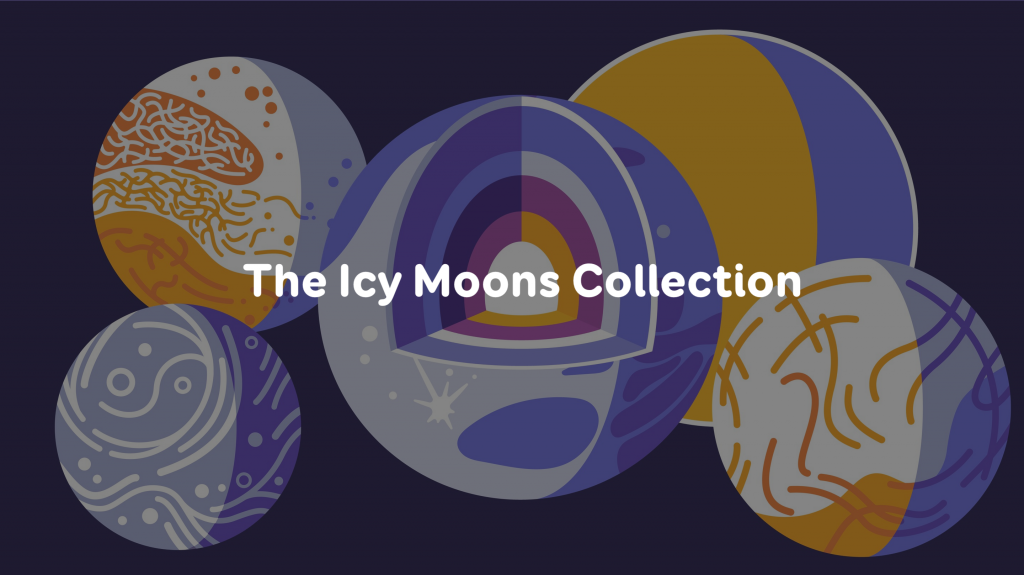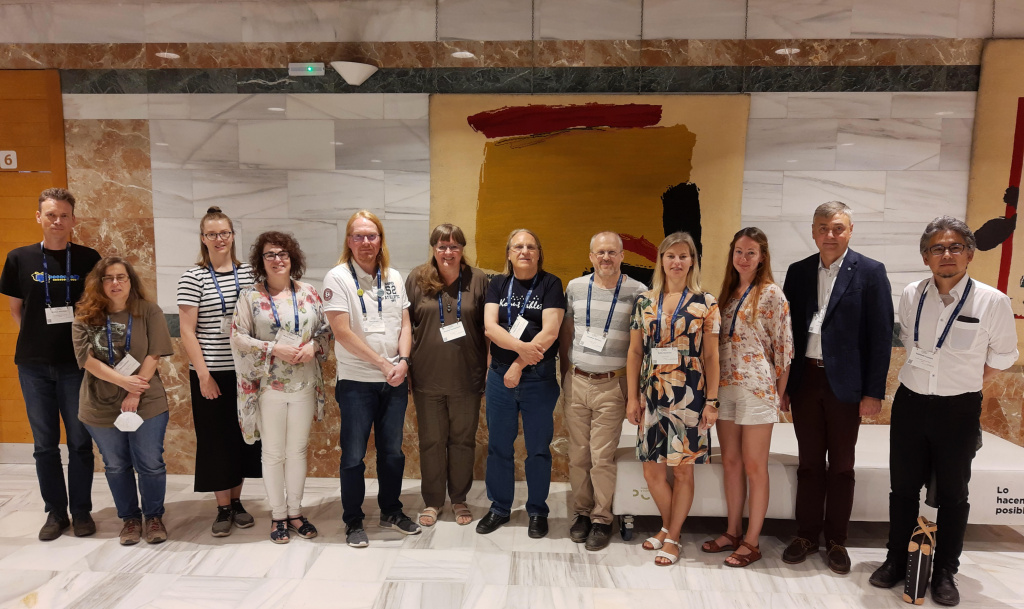Europlanet Early Career (EPEC) Network
The Europlanet Early Career (EPEC) network is organised by early-career researchers, for early-career researchers, and includes volunteers from across the Europlanet international community. The EPEC network is open to all students, doctoral candidates and early-career planetary scientists and space professionals whose last degree (e.g. MSc or PhD) was obtained a maximum of 7 years ago (excluding parental leave, serious illness and similar delays).
One of the main objectives of EPEC is to form a strong network between young professionals by organising early-career-relevant events and by engaging in different projects amongst the different working groups (see website for more details on working groups). Furthermore, the EPEC community aims to bring a young voice into Europlanet Society to shape the future of planetary and space sciences and engineering.
EPEC was officially launched during EPSC 2017 in Riga.
Check out the latest EPEC news and activities.
Get involved with EPEC!
The EPEC Committee and the nine EPEC Working Groups are constantly looking for interested early-career professionals who are willing to spend some of their academic time with the organising elements of various EPEC activities. By getting involved with the EPEC Committee or one of the Working Groups, you not only get a chance to build a diverse professional network across Europe and abroad, but also build important soft-skills such as leadership qualities and management experience by working with a very friendly and energetic community.
You can also get involved in EPEC via the Early-Career Officers of your Europlanet Society Regional Hub.
For any questions and enquiries, and interest to join us in building a stronger early career network, please contact epec.network@gmail.com
Upcoming events
See EPEC News.
EPEC Newsletter
If you would like to receive news (e.g., about the annual EPEC week or the next activities planned at EPSC), sign into your Europlanet account (the account is free) and toggle the Early Career (EPEC) option in the Subscriptions tab. We will not spam you with mails but send only relevant information regarding signups to major events and activities (co-)organized by EPEC.
EPEC Logos
Download the EPEC logo pack.



